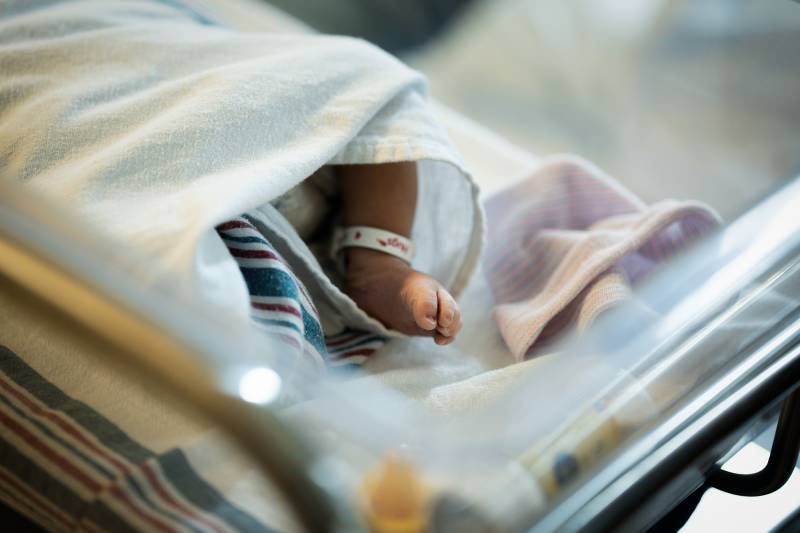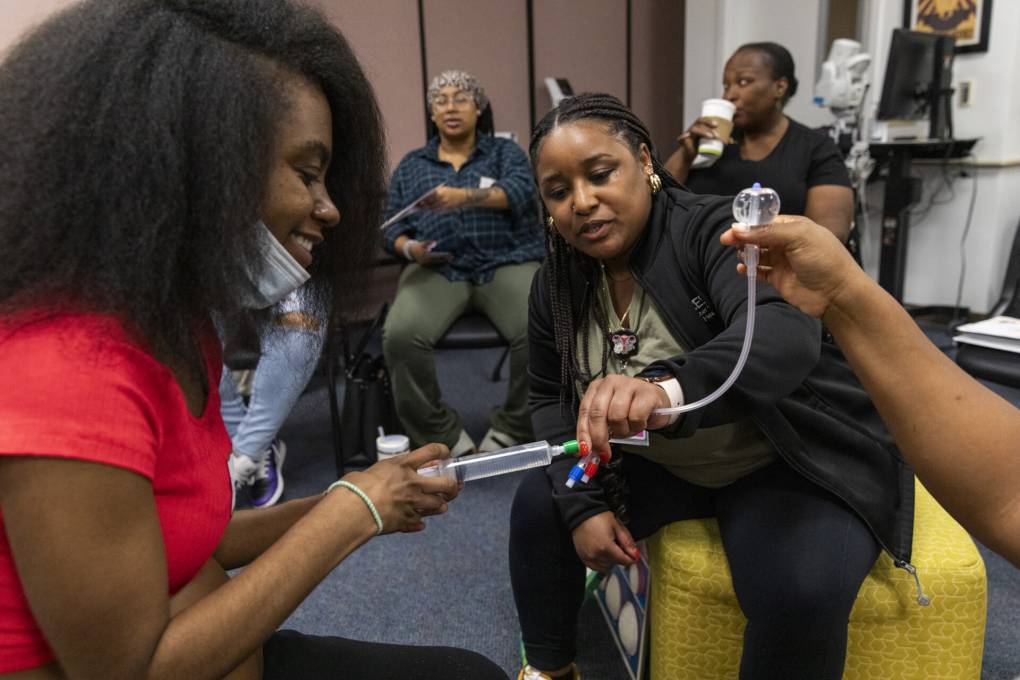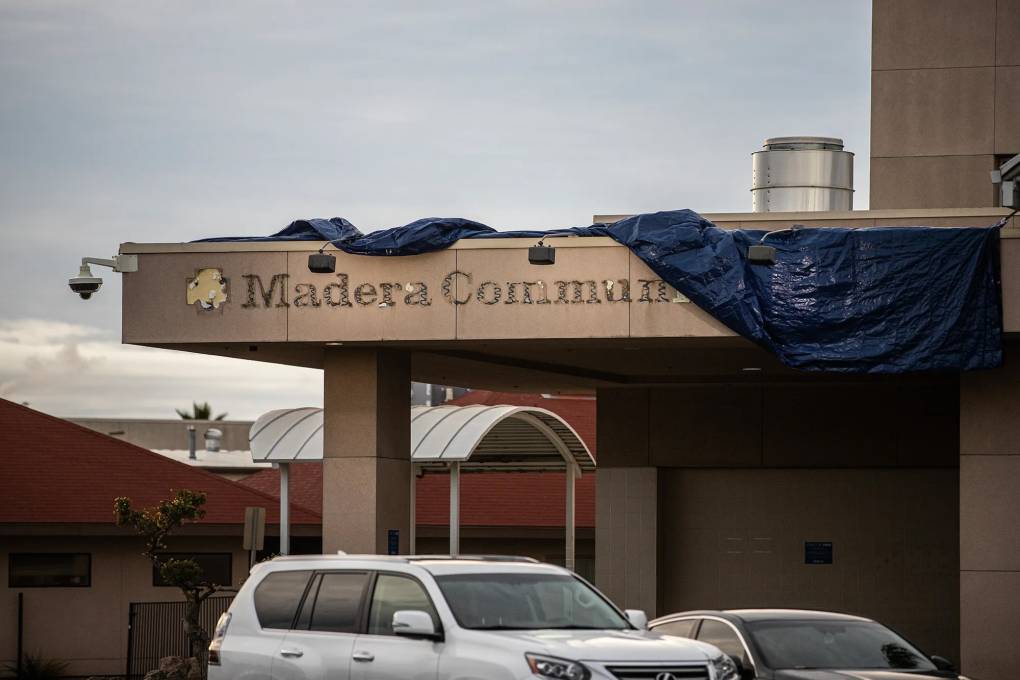Weber, a Democrat from La Mesa, wants hospitals to notify the state a year in advance if labor and delivery services are at risk of ending. The measure would also require the state to conduct a community impact report when a hospital indicates that it may lose maternity care.
Cortese, a Democrat from Campbell, wants to increase the public notification requirement of an impending closure from 90 days to 120 days and require the hospital to analyze how a closure could increase costs for the county health system, where the next-closest maternity wards are located and who is most likely to be affected.
Cortese’s bill would also require increased notification for planned closures of inpatient psychiatric services.
“We cannot continue to just discuss these issues and not implement policies to prevent or mitigate the harms and the continued disparities,” Weber said during an Assembly Health Committee hearing on Tuesday.
Groups representing doctors and reproductive health advocates support the measure. Nurses and consumer health advocates support Cortese’s bill.
Why are California maternity wards closing?
Ryan Spencer, a lobbyist for the regional chapter of the American College of Obstetricians and Gynecologists who testified in support of Weber’s measure, said there are often situations during birth where “every minute can be the difference between life and death.”
“What if you are a patient like this and literally had nowhere to go, who had to drive hours upon hours to get care? We have to find a way to end this crisis,” Spencer said during his testimony.


